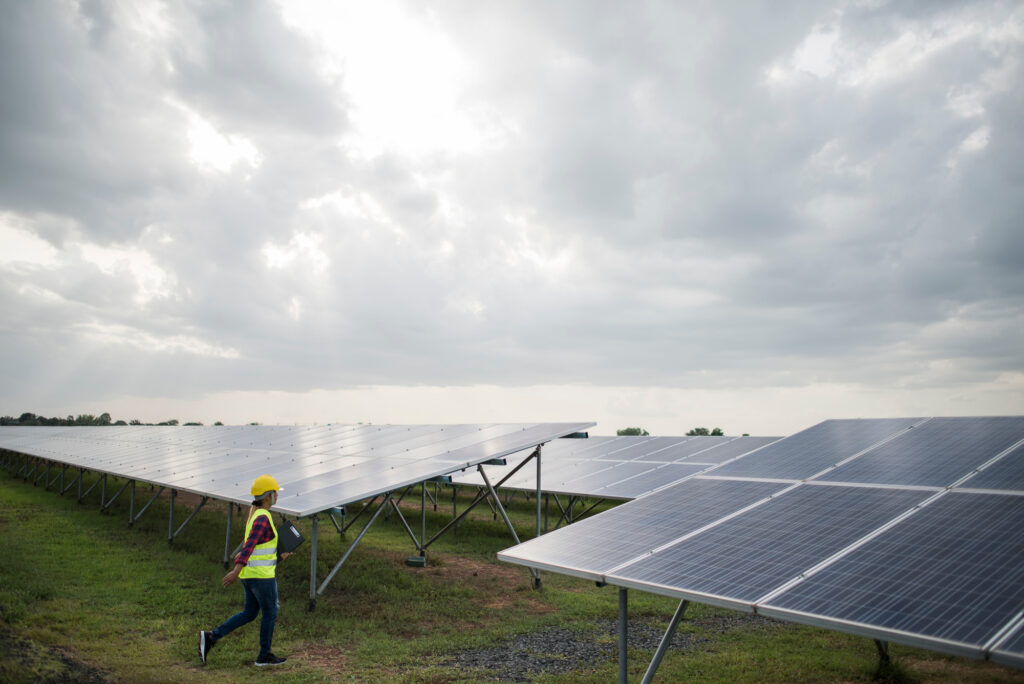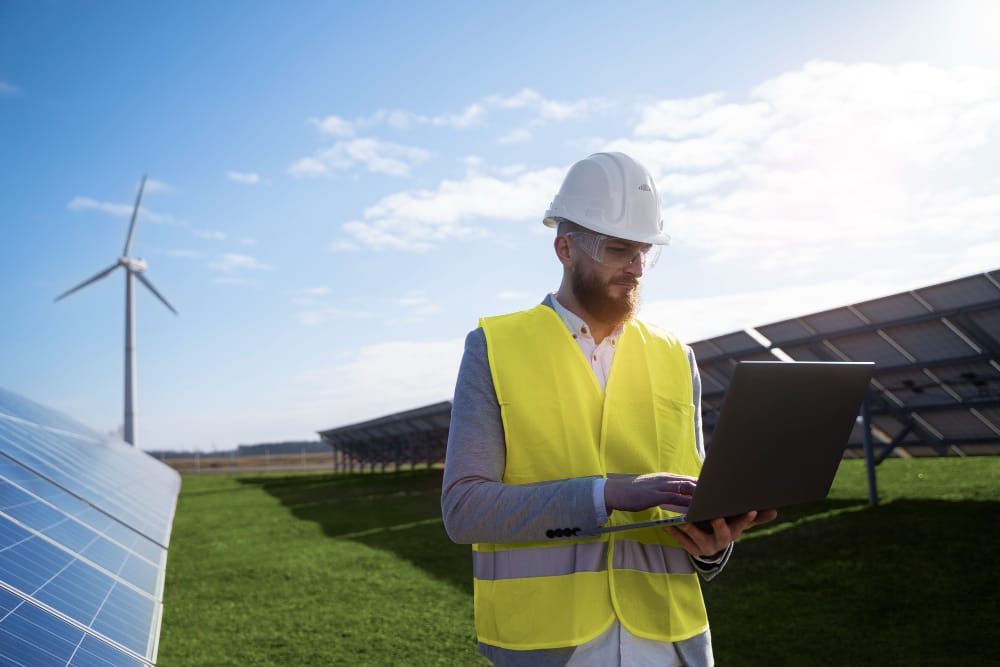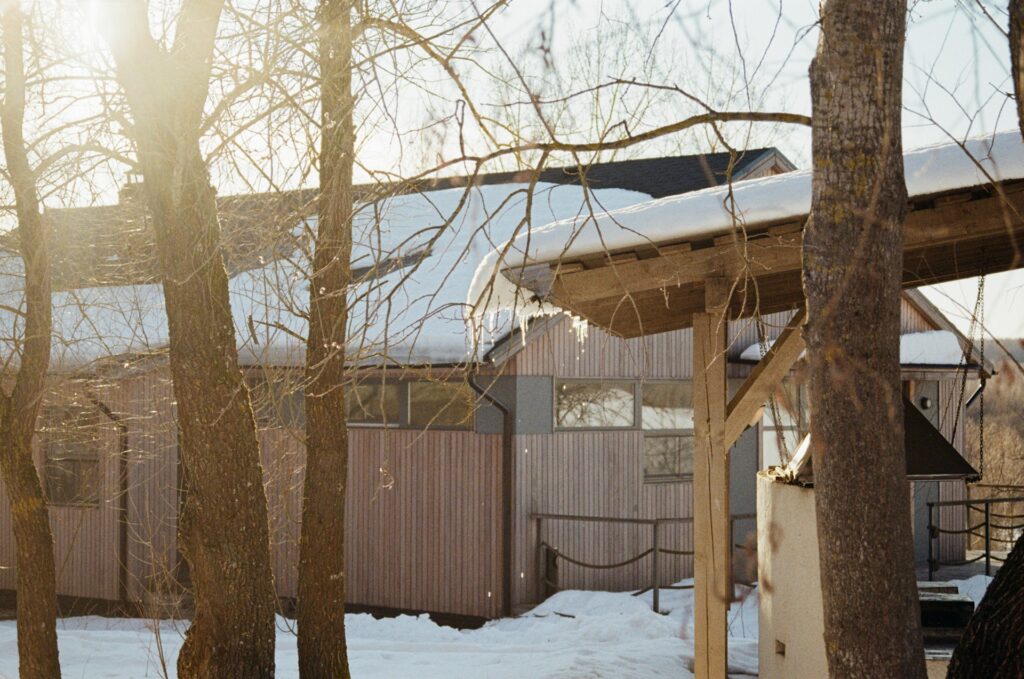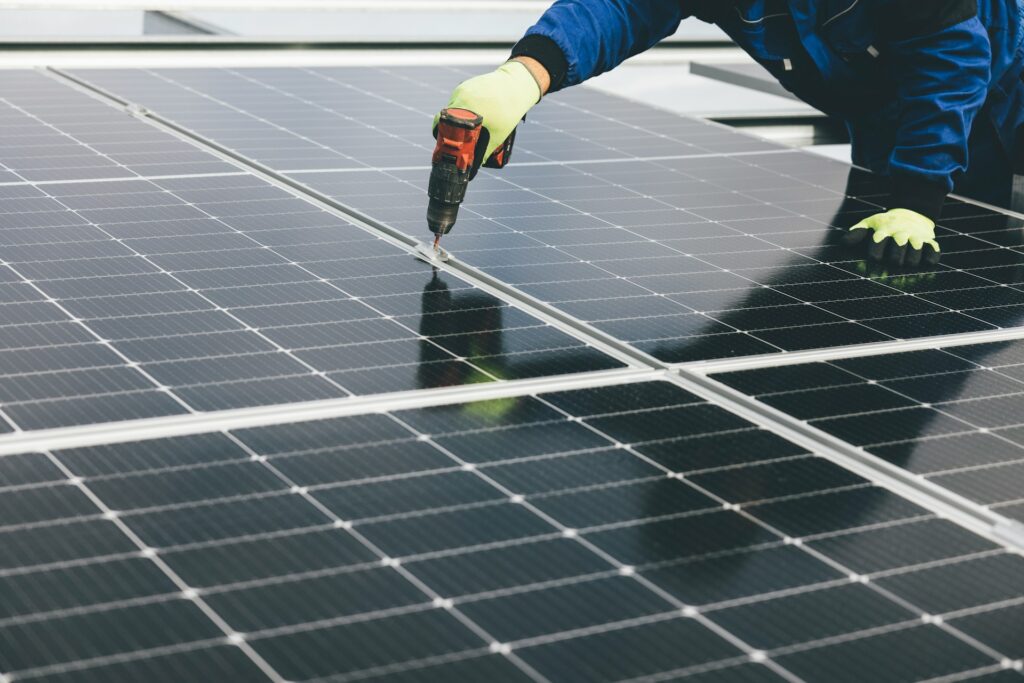Across Minnesota, solar power isn’t just a trend; it’s becoming part of how businesses think about stability and growth. Whether it’s a manufacturing plant in Duluth or a retail strip in Eden Prairie, companies are turning to renewable energy to save money and show their commitment to sustainability. Electricity rates are easier to predict, incentives are strong, and the return on investment makes sense for the long run.
But here’s where things can go wrong: picking the wrong installer. A system built poorly or managed without local experience can quickly turn a smart decision into a frustrating expense. Snow, roof design, or even a small paperwork mistake with incentives can cause months of delay. That’s why asking the right questions before signing a deal matters more than ever.
This guide walks through what every Minnesota business should ask before hiring a commercial solar company, questions that reveal who’s reliable, who’s just selling, and who will still be there to help once the snow piles up again.
Local knowledge pays off
Not every solar setup works the same way. What’s perfect for a sunny roof in California could fall apart in a Minnesota blizzard. Local know-how really matters here things like how steep the panels should sit or how to keep the wiring safe from ice make a big difference once winter hits.
When you talk to potential installers, ask where they’ve worked before. Have they handled projects in cities like Rochester or Maple Grove? Are they familiar with local zoning laws and the way each utility handles net metering? These things sound small but affect your system’s performance and payback over time.
Incentives also differ across the state. Net metering credits, rebate programs, and tax benefits vary between utilities. Working with a solar panel company in Minnesota that already understands those details helps you make the most of every available program without getting buried in forms or red tape.
Make sure they’re licensed and certified
Before you sign anything, just check the simple stuff. Are they licensed to work in Minnesota? Do they have electricians who actually know solar systems? If you see something called a NABCEP certification, that’s a solid sign. It basically means they’ve done proper training.
And don’t forget insurance. Even with careful crews, accidents can happen. You want both your property and their workers covered. It’s not the exciting part of going solar, but it’s what keeps everything safe and out of legal trouble later.
Ask about experience with projects like yours
No two businesses have the same energy needs. A restaurant might care about cutting bills during lunch hours, while a warehouse uses power steadily through the day. That’s why you should always ask: “Have you done projects like ours before?”
If a solar company can point to real projects say, a factory in St. Cloud or an office park just outside Minneapolis that’s a good sign. It means they’ve handled setups like yours before and know what challenges to expect. Some smaller companies or startups begin with more modest systems, often starting with residential solar panels Minnesota installations before scaling up. It’s a practical way to learn how solar fits your operations before investing in a full-scale system.
Warranties and maintenance aren’t small print
A solar installation isn’t a one-day purchase; it’s a 20–25-year investment. That’s why the warranty should be clear from day one. Ask what it actually covers.
Many installers split warranties into three parts:
- Equipment: for panels, usually 20–25 years.
- Performance: guarantees how much energy your system will produce over time.
- Workmanship: covers labor or installation quality, typically shorter—around 5 to 10 years.
- Don’t just take their word for it. Ask for examples of how they’ve handled warranty claims or maintenance calls in the past.
Also, find out if they provide ongoing monitoring or service packages. Minnesota winters can test even the best systems, and you’ll want an installer who’s available when snow buildup or power dips appear. A dependable commercial solar company in Minnesota will check in long after the panels are installed.
Know your financing options
Financing solar can be confusing at first, but a good installer will walk you through it clearly. Ask what options they offer:
- Purchase: You own the system and get all the incentives, but pay upfront.
- Lease: Lower upfront cost, but you don’t own the equipment.
- Power Purchase Agreement (PPA): You pay only for the energy the system produces.
Each model changes how you benefit, so it’s worth comparing them side by side.
Also, ask how they’ll help you tap into Minnesota’s tax credits and rebates. These programs can change yearly, and someone who works locally should already know which apply to your project.
Starting small isn’t a bad move. Many Minnesota businesses begin with compact setups often the same size you’d see on a home just to get familiar with solar energy. Once they see the savings, it’s easier to scale up. Local installers like RAR Energy often guide that journey, helping clients start with residential solar panels in Minnesota before moving into larger, commercial systems built for long-term growth.
Don’t overlook integrated energy systems
Solar is often just the first step. Many businesses in Minnesota now want full energy solutions from solar panels to battery backup and home EV solar charging. If your energy goals are expanding, ask whether your provider handles these as well.
A solar roofing company that also manages solar battery storage can build a unified system that works seamlessly together. For instance, you can store extra energy from sunny afternoons and use it later during cloudy days or high-rate hours.
And when it’s time to upgrade, you won’t need to juggle multiple vendors. One point of contact means fewer headaches and often, better pricing over time.
Talk about ROI and payback
No investment conversation is complete without a discussion on payback. Ask for a detailed projection of what your energy savings will look like. A seasoned installer should provide clear, data-driven estimates, no guesswork or vague promises.
In Minnesota, most businesses see payback somewhere between six and ten years, depending on system size, electricity rates, and incentives. After that, you’re mostly just saving.
If you’re comparing smaller setups or dual-use systems, your installer should also explain the difference in returns between residential and commercial solar. That kind of transparency builds trust and helps you plan ahead.
Why the right questions matter
There’s nothing wrong with asking questions in fact, it’s the smartest move you can make. A good solar company won’t take it as doubt; they’ll see it as interest. The more you ask, the clearer your picture of the project becomes.
Too many people rush the process and skip key details like warranties, financing terms, or installation experience. That’s when problems show up. Choosing a careful, experienced team means fewer surprises and years of steady, low-cost power all while doing something good for the planet. Solar is a big step for any Minnesota business. Taking time to vet your installer properly helps ensure it’s a step in the right direction.
Conclusion
Switching to solar is a practical, future-focused choice that keeps paying off long after installation day. The key is finding the partner who knows the state, understands your goals, and stands by their work. If you’re ready to explore your options, start small. See how renewable energy fits your budget and property before scaling up. RAR Energy helps Minnesota businesses and homeowners do exactly that, starting with simple, efficient residential solar panels in Minnesota setups and growing into larger commercial systems when the time is right. Smart questions lead to strong partnerships, and strong partnerships lead to energy independence.






